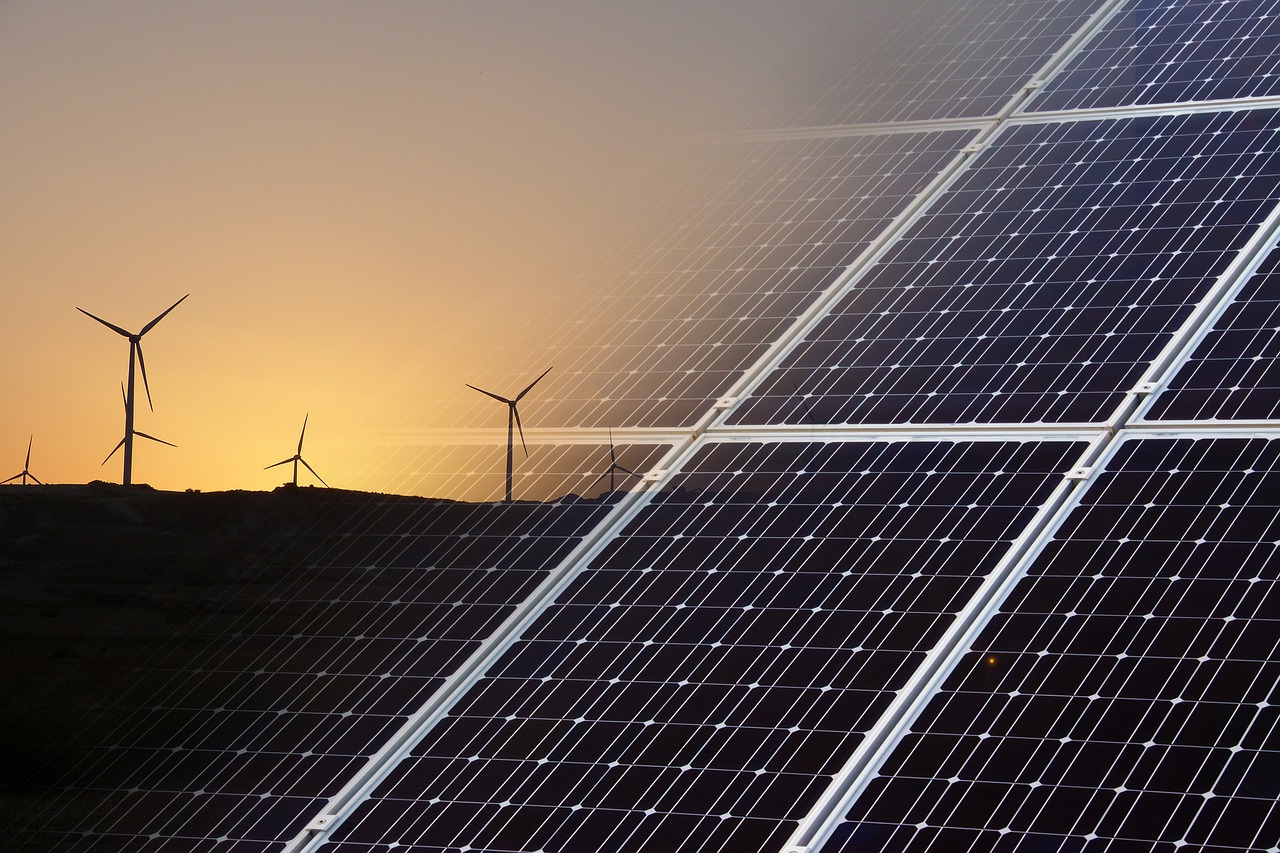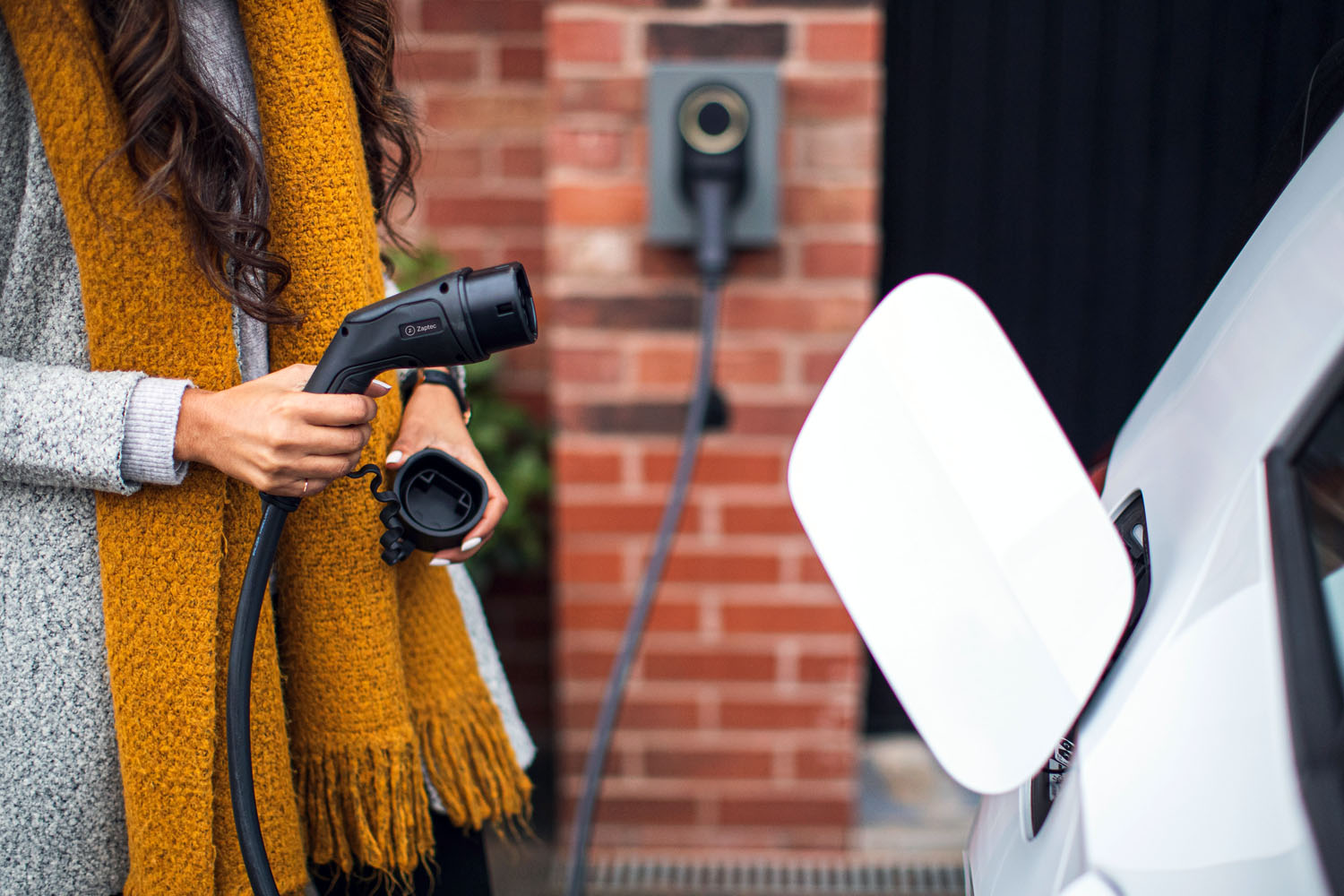Talking About Climate Change: Insights from Action for the Climate Emergency
In an enlightening video titled "The Secret to Talking about Climate Change," released by Action for the Climate Emergency on 24 August 2021, viewers are offered guidance on how to engage effectively in conversations about climate change with friends and family. Drawing inspiration from the research of Dr. Renee Lertzman, an expert in the psychosocial aspects of climate change communications, the video presents a novel approach to this crucial topic.
The central message of the video is the significance of listening in discussions about climate change. It suggests that initiating a conversation with alarming facts about climate change might lead to people disengaging or feeling defensive. Instead, one should aim to understand the other person's perspective first. The video emphasises the need to ask for permission before starting the conversation, ensuring the other person is ready and open to engage.
Once the conversation begins, the focus should be on inquiring about the other person's thoughts and perspectives on climate change, rather than immediately sharing one's own views. This method fosters a genuine dialogue where both parties feel heard and valued. The video advises resisting the urge to interrupt or correct, even when faced with views that one might disagree with.
When it's time to share one's own thoughts on climate change, the video encourages speaking from personal experience rather than attempting to convince the other person. Sharing personal concerns and stories about how climate change affects one's life can be more impactful than presenting scientific facts or political arguments.
The aim of these conversations, as outlined in the video, is not necessarily to change someone's mind instantly but to open the door to ongoing discussions about climate change. By concluding the conversation on a positive note and expressing gratitude for the exchange, the likelihood of future discussions is increased.
This approach to climate change conversations is about building trust and understanding, creating a space where people can express their concerns and learn from each other. The video concludes by encouraging viewers to initiate these conversations, highlighting their potential to make a significant impact in the fight against climate change.
Here are the main seven points:
-
Listening Over Lecturing: The video underscores the importance of listening in climate change discussions, suggesting that starting conversations with alarming facts can cause defensiveness. Understanding the other person's perspective is crucial.
-
Seeking Permission: It's advised to ask for permission before initiating the conversation, ensuring the other person is receptive and open to the dialogue.
-
Focusing on Inquiry: Rather than imposing one's views, the video recommends inquiring about the other person's thoughts on climate change. This approach fosters a genuine two-way dialogue.
-
Sharing Personal Experiences: When sharing one's perspective, speaking from personal experience is encouraged, as it can be more impactful than scientific data or political arguments.
-
Goal of Conversations: The aim is not to change minds immediately but to open doors for ongoing discussions. The video suggests concluding positively and expressing gratitude to enhance future dialogue opportunities.
-
Building Trust and Understanding: The approach is about creating a safe space for expressing concerns and learning, thereby building trust and understanding.
-
Encouraging Viewer Participation: The video concludes by urging viewers to initiate such conversations, highlighting their potential impact in combating climate change.
The video from Action for the Climate Emergency is a valuable resource for anyone looking to engage more effectively in discussions about climate change, emphasising the power of listening, empathy, and personal storytelling in creating meaningful dialogue.
Electoral Commission Imprint: Promoted by D.Dell on behalf of Northamptonshire Green Party c/o 38 Waverley Rd, Kettering, NN15 6NT



